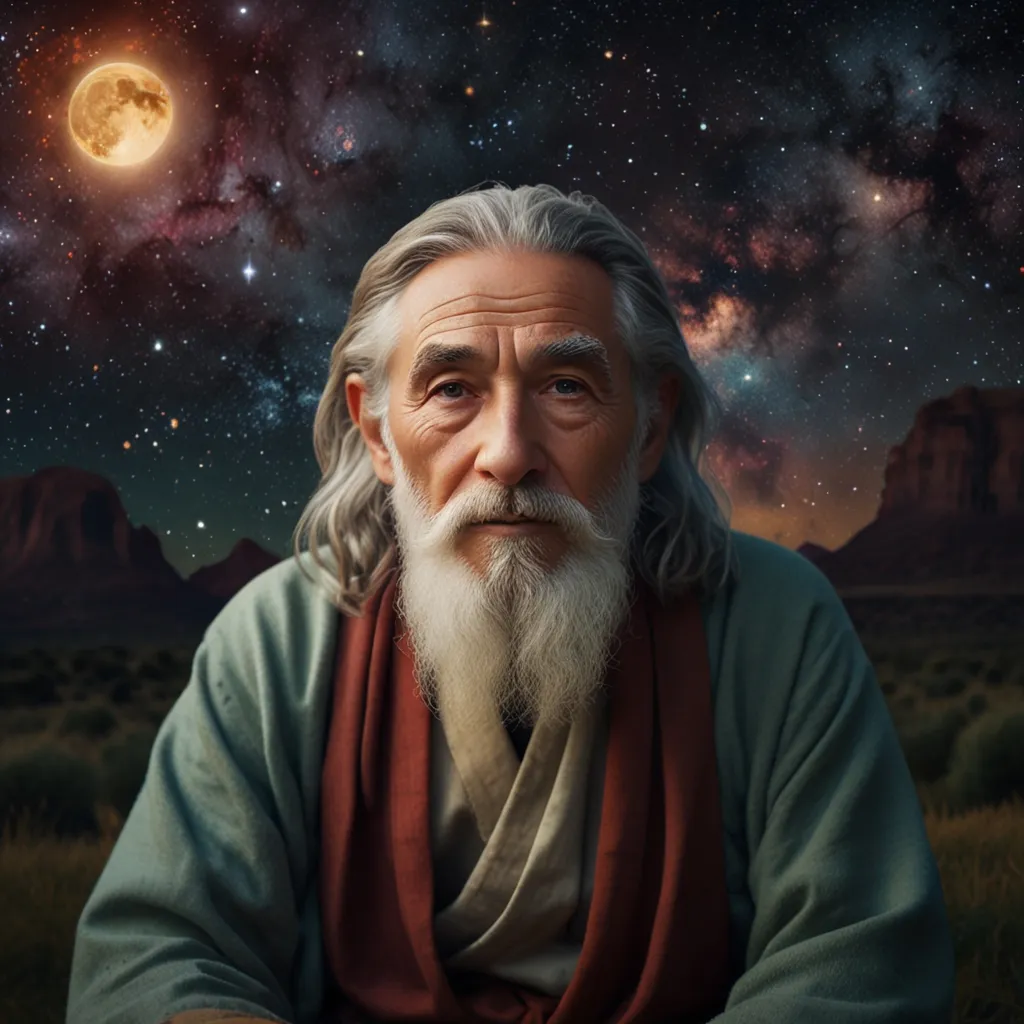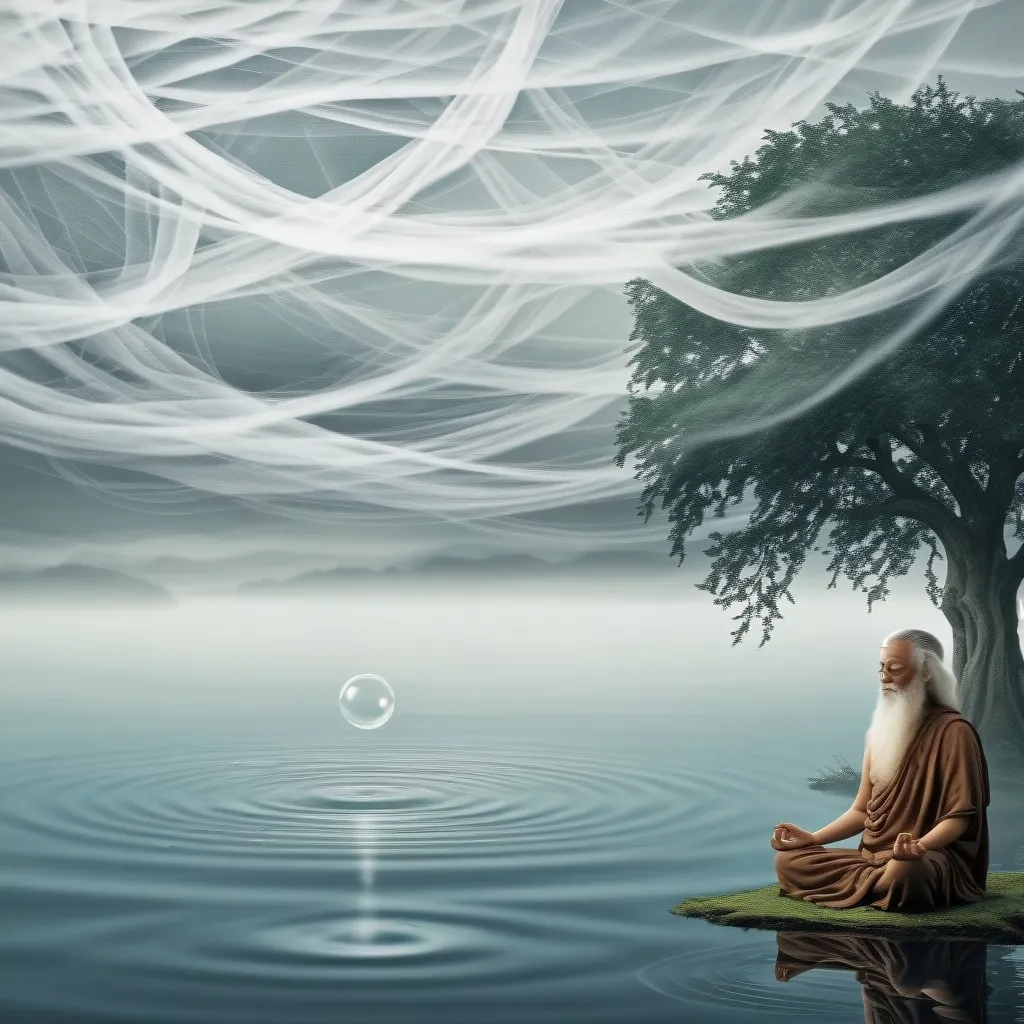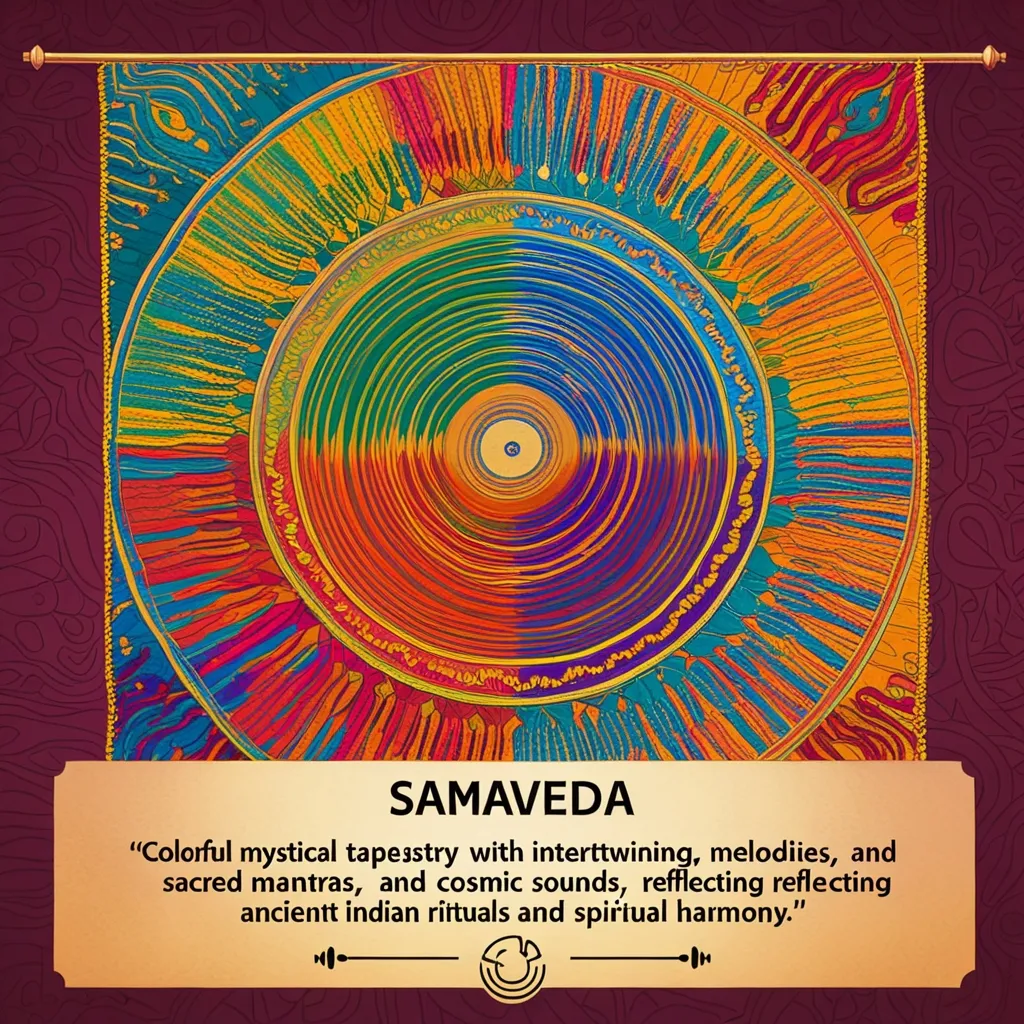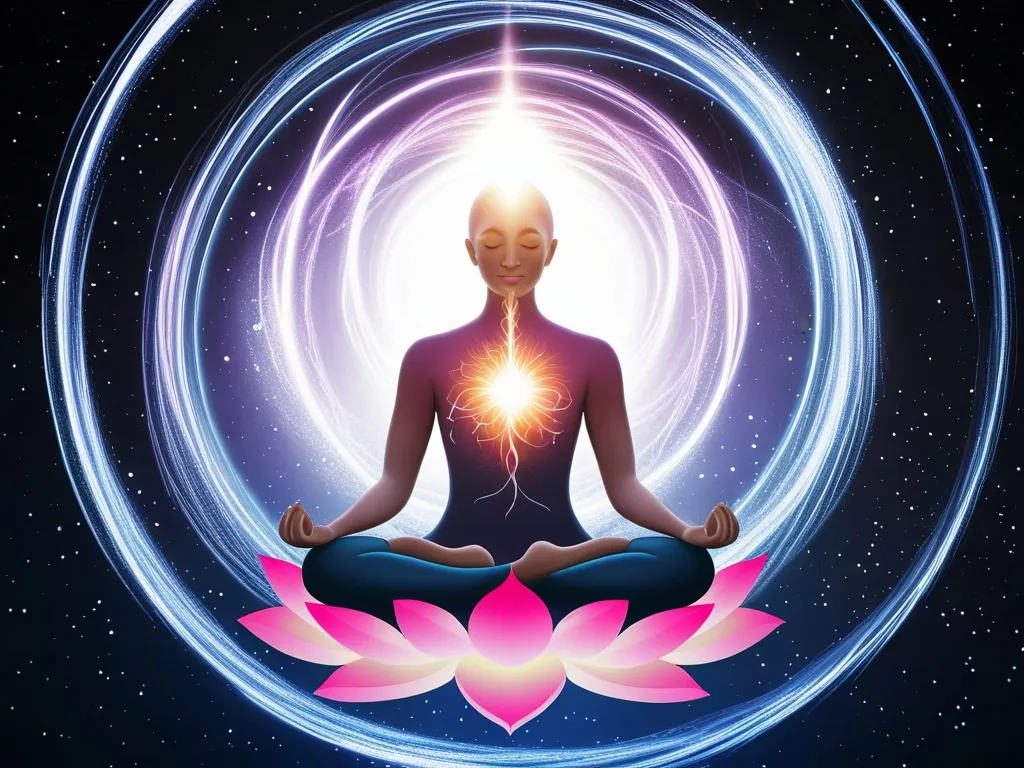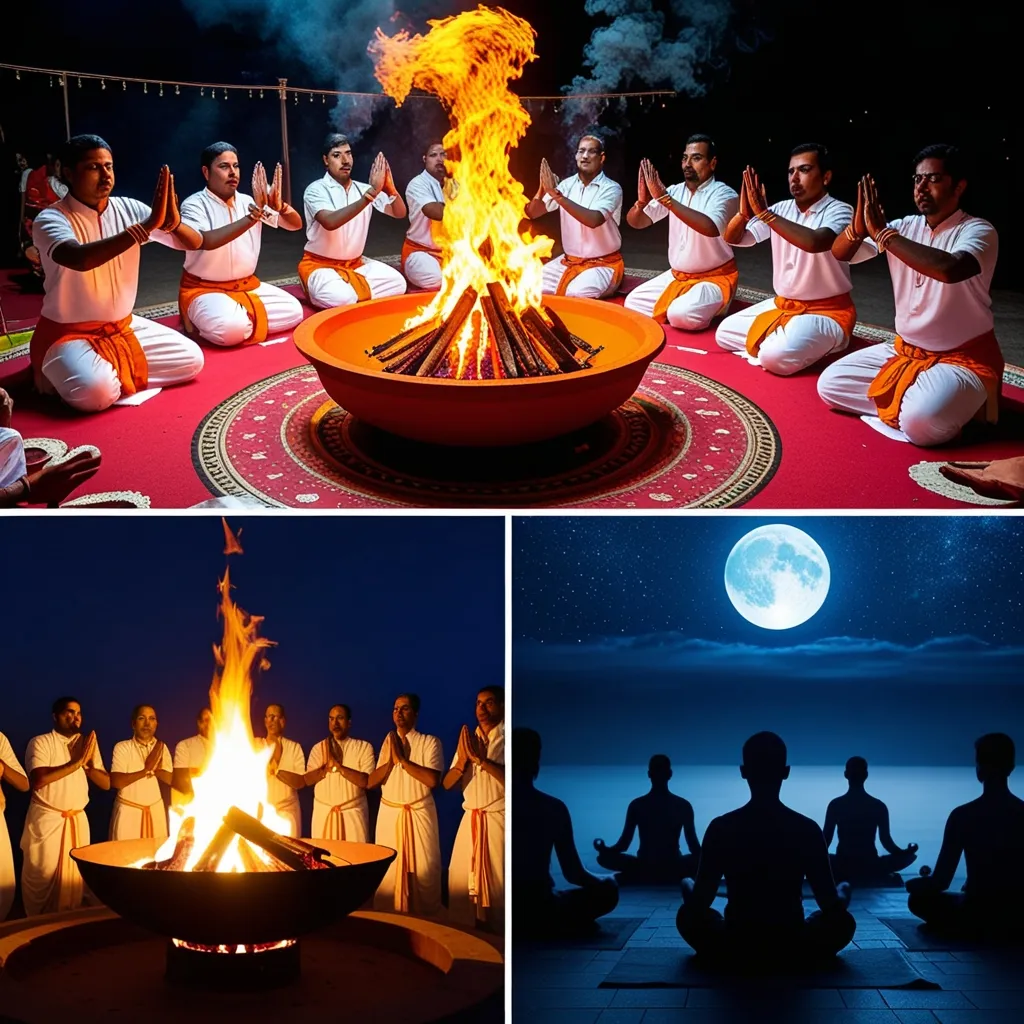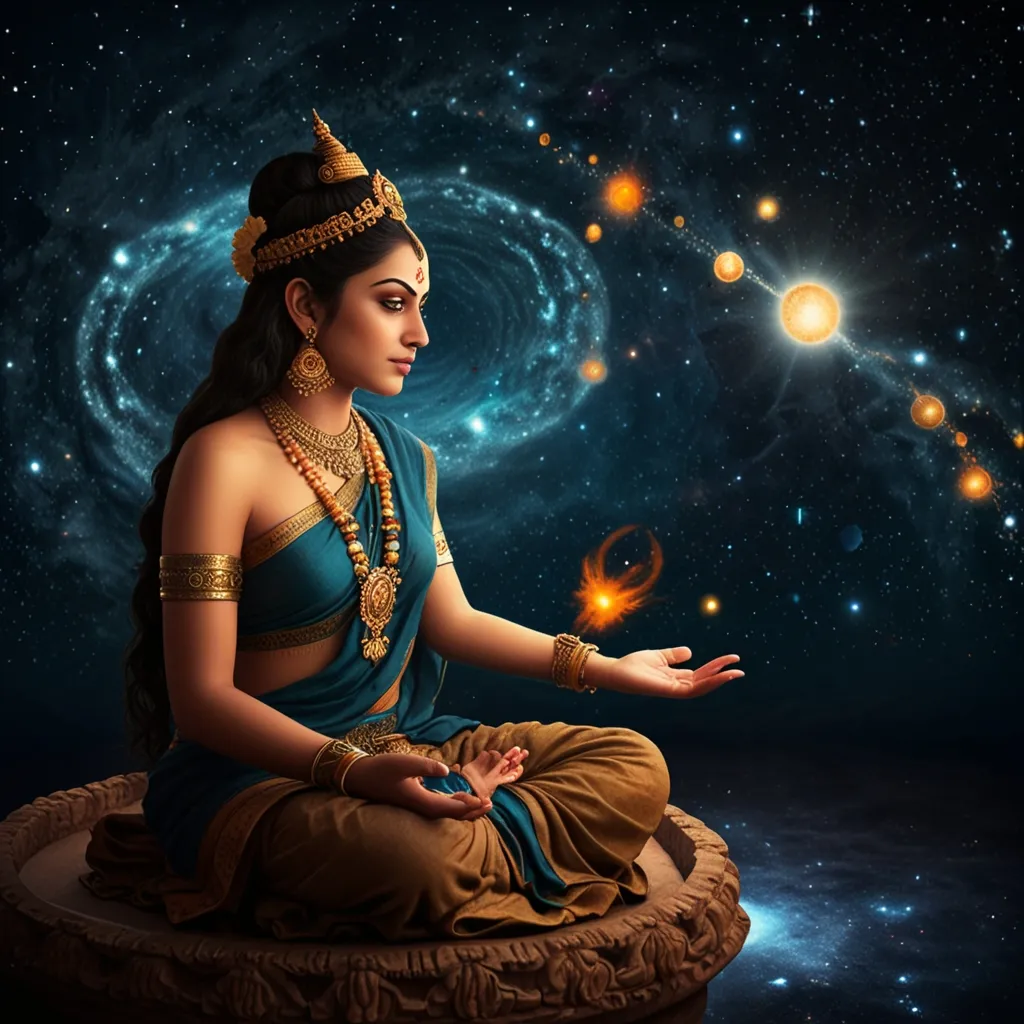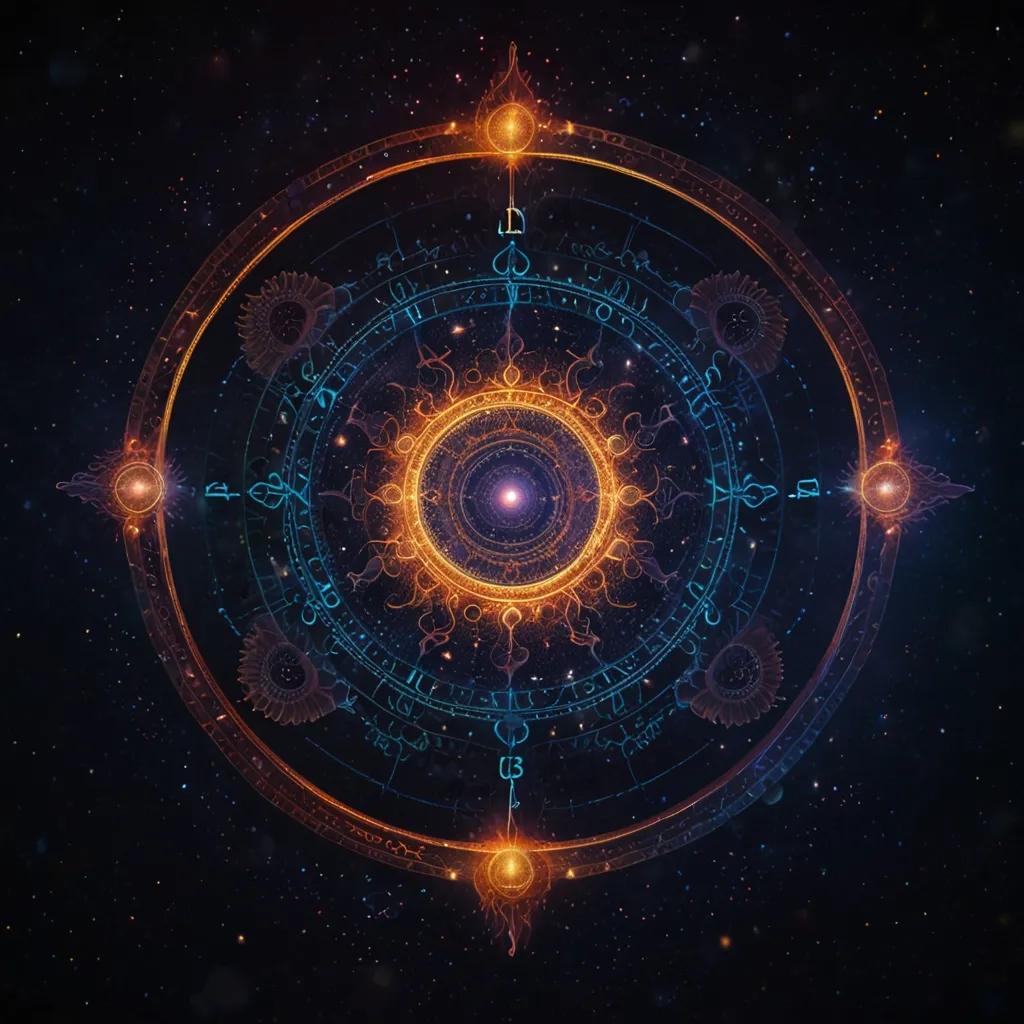The Prashna Upanishad is an ancient Hindu gem that tackles some of the deepest questions about life, the universe, and our spot in it. This piece is part of the Atharva Veda and is named after its unique format, consisting of six profound questions posed by young spiritual seekers and responded to by their teacher, Sage Pippalada. Let’s break down why this text is so captivating and the wisdom it carries.
The Prashna Upanishad is thought to have been penned in the latter half of the 1st millennium BCE. The name “Prashna” means “question,” fitting since the text is divided into six sections, each exploring a different big question about reality, the universe, and human existence. These aren’t just casual questions but are deep dives into the nature of life itself.
The first question looks at the origins of life on Earth and the universe, touching on creation and how life sprang from cosmic forces. This sets the groundwork for understanding how everything is connected and the divine forces at play in our world.
The second question examines the universe’s nature and the Supreme Being’s role in it. It discusses Hiranyagarbha, the golden embryo, as the source of creation, helping us grasp the cosmic order and the divine’s influence on our reality.
The third question is about the universe emerging from the Supreme Self. It suggests that the universe is an expression of the divine and that everything is interlinked, urging us to see our world as a manifestation of a higher reality.
The fourth question delves into how the universe came into existence, talking about the role of prana (vital air) and how it enters the body, dividing into five channels. This helps us appreciate the delicate balance of life and the forces that keep us going.
The fifth question explores consciousness and how it works in different states like waking, dreaming, and sleeping. It looks at the senses and how they operate in these states, prompting us to think about the nature of consciousness and our experiences.
The sixth and final question asks what is immortal in humans. It shares the story of a prince inquiring about a person with sixteen parts, symbolizing a complete human being. The answer reveals that the Self is immortal and that self-knowledge is the ultimate knowledge. This highlights the importance of understanding our true essence and the eternal part within us.
The Prashna Upanishad provides a rich exploration of Hindu philosophy, discussing concepts like Brahman and Atman, the universal and individual selves, and their interconnection. It emphasizes meditation, self-knowledge, and the pursuit of truth.
One big takeaway is the concept of non-dualism or Advaita Vedanta. This philosophy asserts that the ultimate reality is one undivided whole, and the distinctions we perceive are mere illusions. This idea is central to many Hindu traditions, encouraging seekers to look beyond the surface to find deeper truths.
The text has been widely studied and commented upon, especially by Adi Shankara, a key figure in Hindu philosophy. Shankara’s commentary emphasizes the non-dualistic interpretation, focusing on the unity of existence.
Other scholars have noted similarities between the teachings of the Prashna Upanishad and other religious traditions, like early Buddhist texts and Christian scriptures. This highlights the universal themes and questions that resonate across different belief systems.
The Prashna Upanishad is a treasure of philosophical and spiritual wisdom. Its questions and answers offer a deep dive into life’s mysteries, encouraging reflection on our place in the universe and the nature of reality. This text isn’t just a historical artifact but a living guide for those seeking to understand life’s deeper truths. Whether you’re a scholar, a seeker, or just curious, the Prashna Upanishad offers insights that can enrich your journey of self-discovery and spiritual growth.
